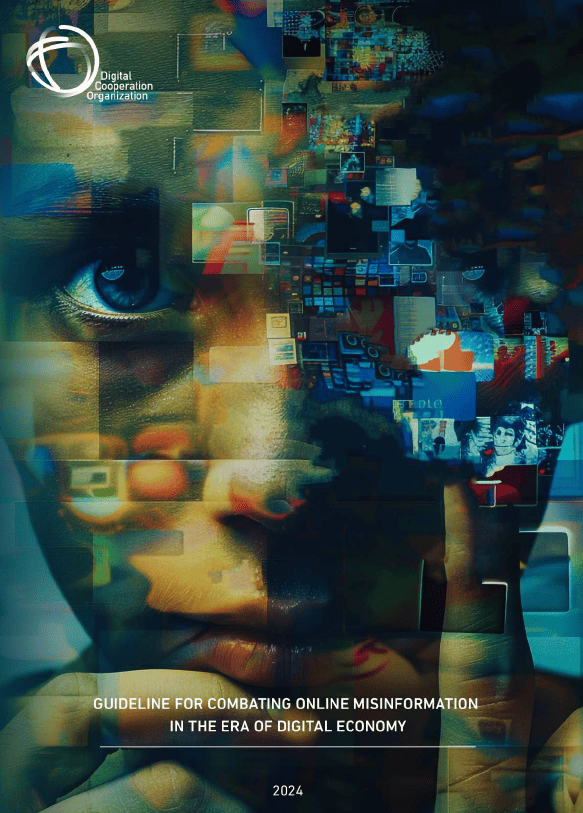
Guidelines for Combating Online Misinformation in the Era of Digital Economy
May 2024
Online misinformation, often spread through social media, involves incomplete or erroneous information, and has significant global implications. Its rapid dissemination presents challenges in assessing information quality, leading to financial losses, reputational damage, and undermining trust in digital platforms. This guideline document combines primary and secondary research to address these challenges, proposing solutions across the following five key focus areas:
The first focus area centers on online misinformation classification and provides guidance to develop a universally accepted system to categorize terms like “misinformation,” “disinformation,” “mal-information,” and “fake news.”
The second focus area is mainly about establishing standards and principles and proposes a framework for ethical social media practices, responsible journalism, safe platforms, and transparency in advertising, integrated into global regulations.
The third focus area is primarily about enhancing media literacy in journalism and emphasizes incorporating media literacy into journalism education to ensure accurate reporting and protect journalists, involving collaboration among governments, media organizations, and academia.
The fourth focus area discusses high-level requirements for a fact-checking tool and suggests developing a comprehensive fact-checking tool through partnerships with technology firms and experts to verify information rapidly and accurately.
The final focus area is about launching public awareness campaigns and stresses the need for public awareness campaigns to educate people on identifying misinformation, requiring strategic dissemination and collaboration among international organizations, governments, and businesses.
